FACTS THAT EVERYBODY KNOWS BUT NO ONE SEEMS TO BE BOTHERED ABOUT, DESPITE THE KNOWLEDGE THAT A MAJOR CLASH IN THE KIVU REGION IS ALMOST INEVITABLE
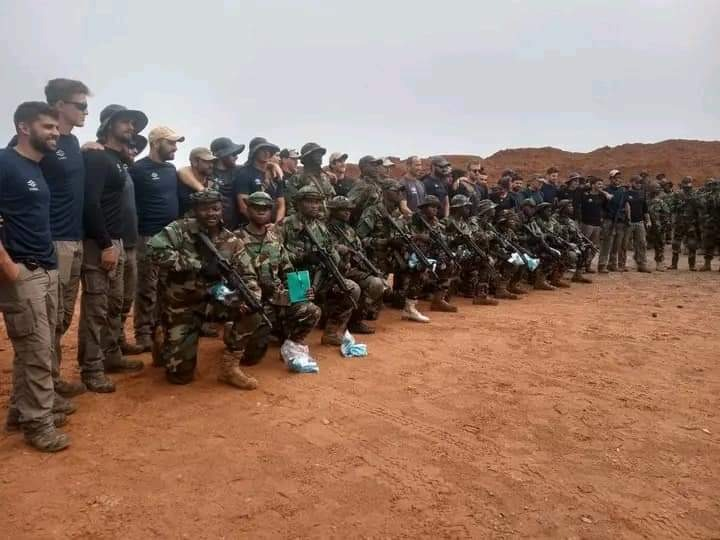
A group of UN experts has published their latest findings on the situation in the Kivu region. They conclude that Rwanda should cease supporting the M23. They openly acknowledge the close collaboration between the FARDC and the FDLR, a terrorist organization. Rwandan officials were aware in advance that this was coming, and they are not pleased with the report. They state that they were not asked for their opinion during its preparation. However, there is more: the report is released in a tense atmosphere where war drums are sounding on both sides. Human Rights Watch coordinated its report to reinforce the UN findings, likely aiming to attract more attention by riding on the coattails of the UN report. Rwanda now anticipates sanctions and has informed local foreign diplomats that it will respond accordingly if the integrity of its border is violated. Most analysts seem to overlook the underlying problems and causes of the conflict, forgetting that wars and conflicts arise when people refuse to address these issues, even though some of them are well-known facts. Here are a few examples!
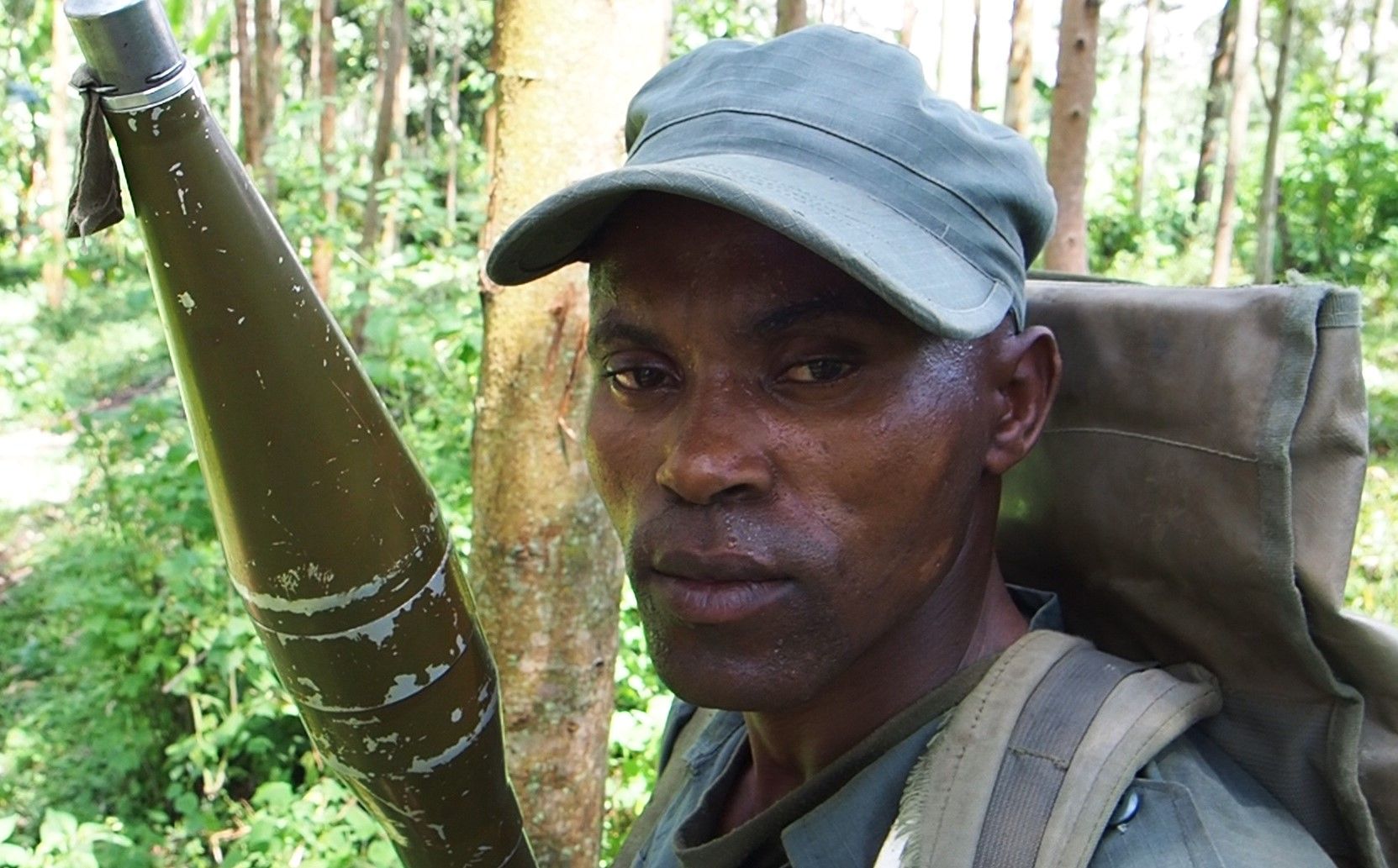
The new report by the UN group of experts is once again not very convincing when it asserts that Rwanda is actively supporting the M23 rebels. Apart from some vague satellite pictures, extensive discussions about equipment such as plastic boots, uniforms, and helmets, testimonies from a few prisoners of war, and the fact that the M23 operates in a disciplined manner similar to the RDF, no substantial new evidence is presented. The evidence to prove full support of the M23 by the RDF is very weak, except for a notebook found on a deceased M23 soldier in Mushaki, which contained names and numbers of RDF officers. It remains unclear whether this notebook was planted on the body or later fabricated to produce false evidence. One thing is certain: the researchers themselves, most of whom never set foot on the battlefield, did not collect it on the spot. The Rwandans were certainly not involved with the M23 last year, but as the situation evolved into a significant anti-Tutsi sentiment and the FDLR grew in numbers, the organization gained more sympathy and attracted more young individuals from Rwandan refugee camps to join its ranks.
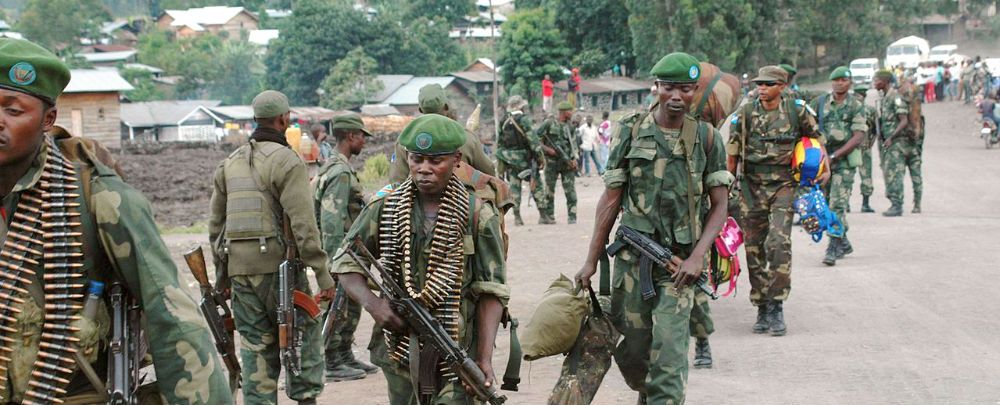
The fact that the UN experts emphasized the collaboration between the FARDC and the FDLR is not surprising. Tshisekedi openly invited the FDLR to Kinshasa and requested their assistance due to the failure and undisciplined nature of his troops. In exchange, he promised them more weapons and assistance in destabilizing Rwanda once the M23 was defeated. Therefore, the UN specialists had no choice but to highlight this in their report. However, does this provide a balanced view? We don't think so! The experts did not include the mercenary involvement in their analysis. These mercenaries operate under the umbrella of the Agemira group, led by a dubious figure named Olivier Bazin. Most of them are believed to be former French foreign legion soldiers. Initially, it was believed that they were present only to train the FARDC. However, later it was revealed that they could be used for the defense of Goma, coordinating artillery, and operating heavy equipment for the FARDC. We were informed that there are already 1,200 Agemira mercenaries in the region, and this number is expected to rise to 2,000 soon. They operate similarly to the Russian Wagner group in other African countries. The international community and the UN know that these mercenaries directly support the FDLR, an internationally recognized terrorist organization. The foreign mercenary commander even recently presented a new pistol as a gift to the FDLR-Foca commander for their services. Witnesses in the area informed us that they are omnipresent in the field alongside the FARDC and FDLR. The UN group of experts was aware of this, yet not a single word was mentioned in their report.
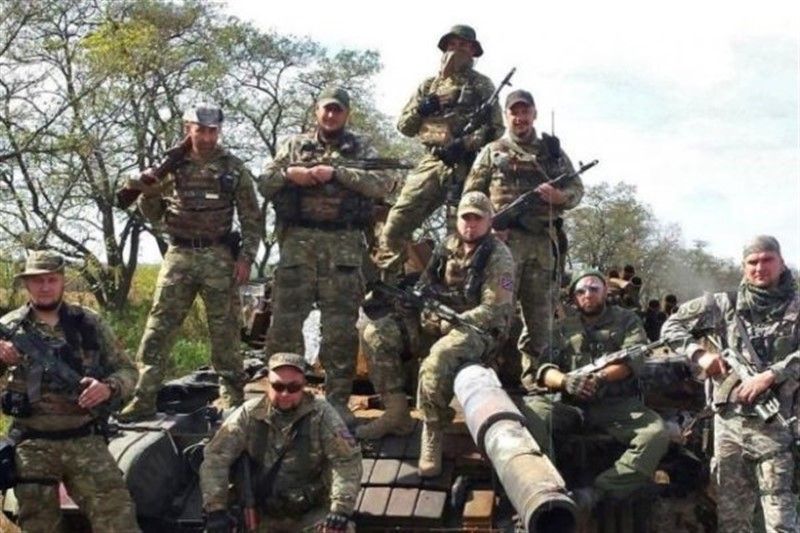
The same can be said about the partiality of the current Burundian EAC troops, who are not adhering to their original deployment mandate and openly supporting the FDLR and the FARDC. They allow them to pass through their lines to take up attacking positions against the M23, launch attacks on villages, kill innocent people, steal cattle, and burn houses. We published a well-received article warning about the risk that the Burundian Hutu extremist militia, Imbonerakure, might take this opportunity to provide support to the FDLR on-site. It is a well-known fact that many Burundian soldiers in the DRC began their careers in that militia. The Burundian president, who is currently trying to present himself as a peace-loving and amiable diplomat to lift sanctions against his country, is now creating new sources of unrest that may cost him dearly in the future.
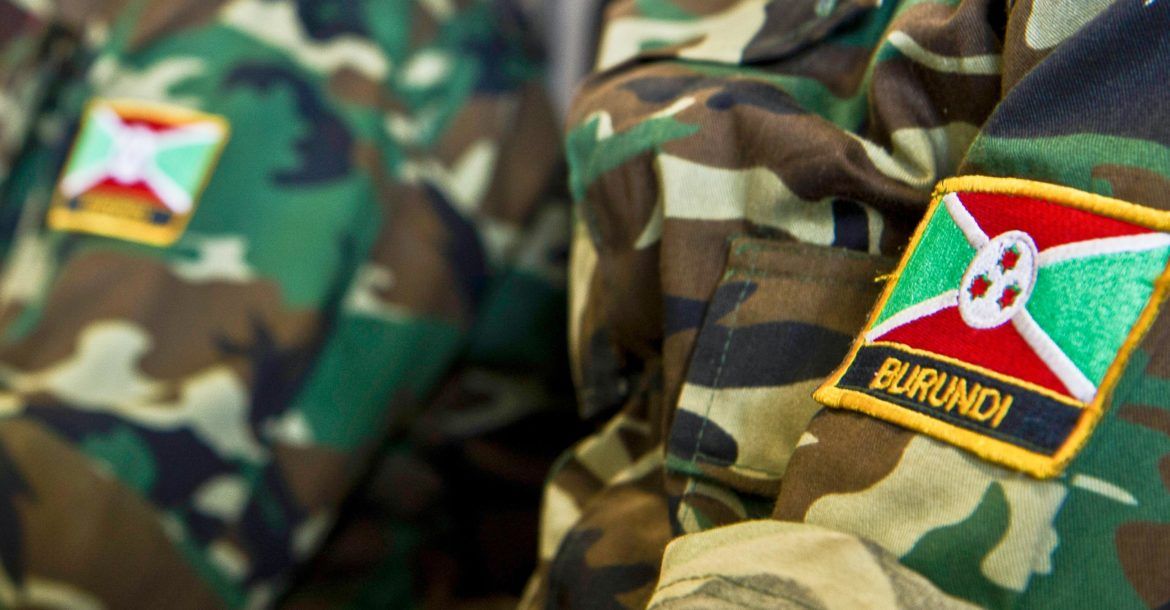
As usual, the report focuses more on the war against the M23 than the other 140 smaller and larger conflicts in the country. We discussed this with several high-ranking Rwandan officials. "This report demonstrates the bias of the international community and their pro-Kinshasa stance," one of them told us. "They are well aware of the details of what is happening, how this conflict started, and how it has evolved. Now that it has become clear that the SADC will deploy its forces to support Tshisekedi, he has to rely 200% on a group of mercenaries who have yet to prove their effectiveness. The international community is providing Kinshasa with an alibi to initiate a larger conflict. The UN group of experts did not visit Kigali this time to confront us with their so-called 'factual findings.' They will probably try to directly involve the RDF in this conflict, but I can assure you that they will not succeed, and our response will be swift. If the international community sanctions Rwanda for the alleged actions in the DRC, we will endure those sanctions and continue with our current policy. If the enemy attacks us at the border, we will push back and fight on their territory."
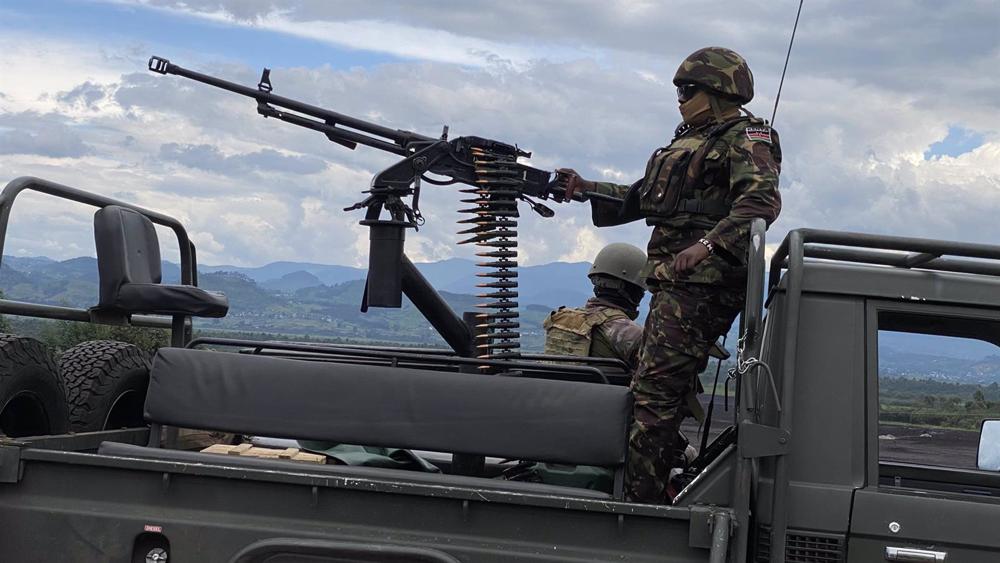
Needless to say, a new clash between the M23 and the mercenary-FDLR and FARDC coalition could escalate into a larger international conflict. Two days ago, we published an article highlighting the unbalanced nature of the international community's actions. They indirectly support a government and a president who was not democratically elected, has further destabilized the country, and is using the conflict in the east as a pretext to maintain power and avoid losing his well-paid position. The international community, including the Americans, will bear partial responsibility for this potential disaster. Bintou Keita, the woman in charge of the UN in the DRC, is clearly inadequate for her role. She is organizing meetings to discuss the demobilization of the M23 while they are actively engaged in combat to defend themselves. It is reminiscent of a scene out of a Franz Kafka novel! Despite being ineffective on the ground, the UN allows their so-called "experts" to provide political arguments to justify Tshisekedi's actions. And no, we are not being funded by Kagame to write these things and make these remarks, as insinuated in their footnotes regarding the so-called 'Kishishe massacre. We are simply attempting to balance their writings.
Adeline UMUTONI and Marc HOOGSTEYNS
